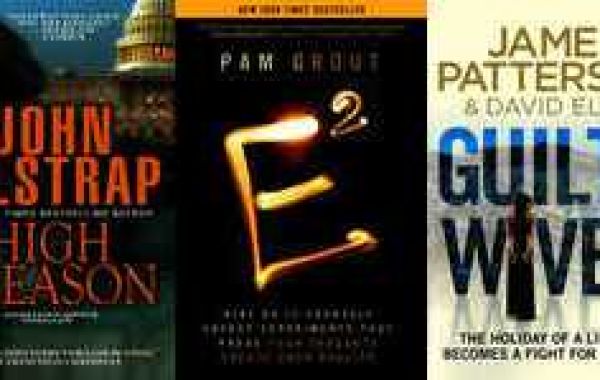The Notion of Fantasy in Zizek’s Work
Fantasy and reality tend to be considered polar opposites. The former is reserved for fun and illusions, while the latter is associated with the serious and true actions. However, Slavoj Zizek presents another possibility in his film The Pervert’s Guide to Cinema as well as in the essay “Big Brother, or the Triumph of the Gaze over the Eye.” Through his analysis, the psychologist and psychoanalysist provides a comprehensive overview of the role of cinema in people’s lives. He draws a conclusion that fantasy can be more realistic than reality itself. To support this argument, Zizek discusses the nature of human desire and its relation to the movie industry, the need for the Gaze of the Other in order to enhance the experiences of people, and the possibility of unrestricted self-expression in fantasy and reality.
Human fantasies are often based on their desires. They are considered to be a natural part of people’s lives. However, according to Zizek, there is nothing natural about desires, as people are taught them through films (The Pervert’s Guide to Cinema). These desires are then realized through fantasies. Therefore, movies are the primary source of instigating certain desires and providing a realm to fulfill them to a certain extent. As Zizek explains, it is a part of the “art of cinema” to instill certain desires by presenting some scenes with such intensity that they break into the reality and suck in the viewers (The Pervert’s Guide to Cinema). In this way, movies become a resort for people who wish to temporarily escape from reality. The viewers do not resist this precisely because there is something in the film that reminds them of themselves, a hidden part that surfaces only in such moments. Therefore, the desire was instilled in people by movies, and cinema, the realm of fantasy, is the only place where this desire can be realized.
Further, Zizek contends that the notion of the Gaze of the Other is fundamental to the experience of emotions. The concept of the Gaze is a condition in which people imagine the presence of an interested onlooker who sees their actions, which leads to the rise of emotions rather than engagement in a given activity. Furthermore, Zizek explains that “…it is not a dream but the notion that “we are the objects in someone’s dream” (Zizek 225). In this fantasy of the Other’s Gaze, the gaze of an imaginary witness is necessary in order to stir emotions of people in various situations. Moreover, it is critical that the witness remains imaginary and hidden in the realm of fantasy, as people are not ready to accept this part of the self in the experience of their reality. Thus, even though people play their parts in reality, they interpret their experience in it through fantasy. Movies take this idea even further by providing an opportunity to experience the void returning the Gaze (Zizek; The Pervert’s Guide to Cinema). This represents the dimension of the self that people are not ready to face in reality. More specifically, since the Gaze is a hidden part of everyday experiences, the only place where it can be accessed without restraints is movies. However, when the Gaze is returned, it spurs many emotions. Initially, people want to escape into a dream from reality, but instead they face another dimension of reality which they avoid in real life. Thus, the dream becomes more real than the reality and people, are thus people are forced to escape from it back to reality.
Finally, Zizek interprets his arguments to conclude that there is a strong interconnection between the reality and fantasy. On the one hand, people have to abide by the rules and norms adopted by the society in which they are living in order to remain a part of it.Therefore, in reality there are social constraints which guide human behavior, at least to a certain degree. As Zizek describes it, “we play ourselves” (Zizek 226). It means that the freedom of self-expression is inhibited by the norms of behavior in a given society; therefore, in reality people are never really the self, they only play the acceptable version of the self. On the other hand, in fantasy there are no such restrictions. There is no judgement and no punishment. As a result, when people engage in fantasizing, their fantasies may be more representative of who they really are. As Zizek explains, “we need the excuse of a fiction to stage who we truly are” (The Pervert’s Guide to Cinema). In this way, movies, dreams, games, and other activities in the sphere of unreal allow people to express their true identities without the fear of being exposed. Consequently, since people are forced to play roles in reality and are free to express themselves in fantasy, the realm of fantasy may be more realistic than that of reality.
To conclude, Zizek’s analysis of reality and fantasy involves an unusual interpretation of these notions. Since human experiences are subjective, and considering the evidence presented by Zizek in terms of the understanding of human desires, the notion of the Other’s Gaze, and the ability to express the self in reality and in fantasy, it is possible that the experiences of people in fantasy are more realistic than those in reality. Therefore, the fantasy should be treated more seriously, while the notion of reality can be taken more lightly.
You can buy literary analysis essay as the one presented here just folowing exclusivepapers.com








